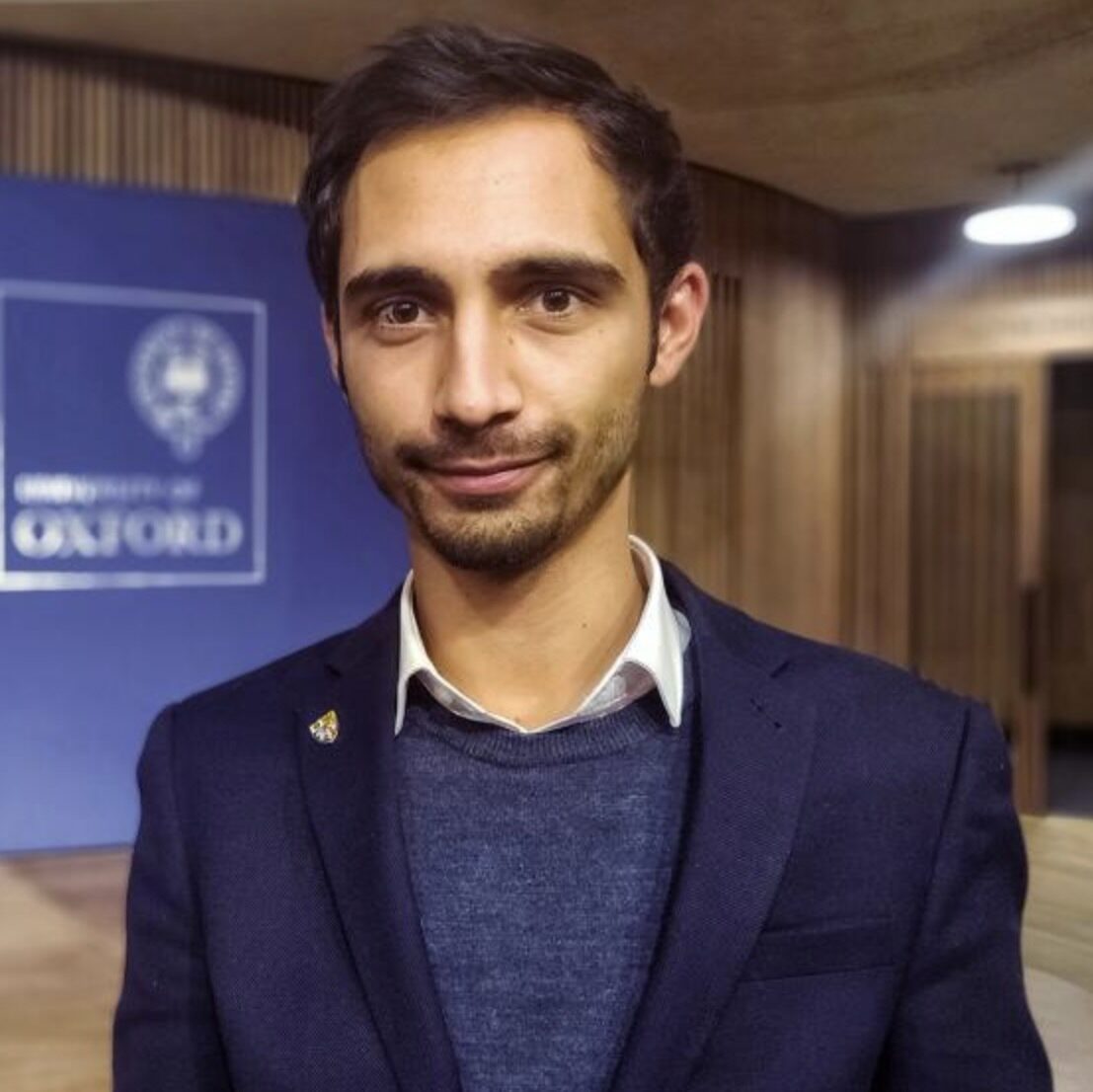Biased Algorithms: Digital Rights in Europe, and Why Philanthropy Should Care
11 May 2021, 4-5:45 PM CET
What if we looked at the world through the lens of the future and unleashed our imaginative thinking? What potential does it hold? How can philanthropy be the change we want to see in our societies? We believe there is an urgent need to change the perspective and challenge the status quo. Instead of painting a grim picture of the world and focusing on problems, we want to come up with questions and ideas for social change and innovation.
This event is part of the Next Philanthropy project which provides an inclusive space for a meaningful conversation on the current stay of play and what’s next in philanthropy in Europe.
At our inaugural “What if? Reimagining philanthropy” event we will take a closer look at biased AI, how it impacts Europe’s most marginalised communities and why philanthropy needs to re-shift its focus on advancing digital rights and ethical algorithms.
We will be joined by Benjamin Ignac, a Romani technologist, Research Fellow at the Roma Initiatives Office at OSF and Public Policy alumnus from the University of Oxford. He works on assessing the opportunities and threats of emerging technologies such as AI for Roma people in Europe.
We have designed this event in ways to explore, build knowledge and inspire action. Our motivation is intentional learning and experimentation with questions and ideas. We will be joined by representatives of foundations, philanthropy networks, social movements, next gen as well as policymakers, technology experts, researchers and advocates for social change.
Together we can change minds, and we can start this by changing ourselves.
About Benjamin Ignac

Benjamin Ignac is a Romani technologist, researcher and activist from Croatia. He is a Public Policy alumnus from the University of Oxford and currently a Research Fellow at the Open Society Roma Initiatives Office. He works on assessing the opportunities and threats of emerging technologies such as AI for Roma people in Europe. He has always been passionate about science fiction, futurism and new technologies. As an international geography student in the US he had the rare opportunity to intern for NASA at their NASA Develop centre in Colorado where he analysed satellite data using machine learning technologies. Benjamin believes that technology can be useful in many areas of life, but he is also worried how technology can be turned against marginalized communities like Roma people.
About PEX:
PEX is a community of people working in the European philanthropy ecosystem. PEX provides a unique space to create a European philanthropy identity as common ground to jointly advance the philanthropy ecosystem in a changing world. PEXcommunity, jointly co-created at the PEXforum 2020 in Madrid, stands for collaboration, diversity, creativity and exchange in the European philanthropic sector. It unites more than 60 philanthropy networks, among them national, regional and thematic organisations. Read more.
About Next Philanthropy:
Next Philanthropy provides an inclusive space for a thought-provoking debate and exchange of practices on the current stay of play and what’s next in philanthropy in Europe. The aim is to generate new possible routes for philanthropic, social and political action – to shape the field and orient it. Next Philanthropy is driven by partners from across Europe who are part of the PEXcommunity: Alliance Magazine, Austrian Foundations Association, Beacon Collaborative, Dafne – Donors and Foundations Networks in Europe, Assifero – the Italian national association of grantmaking foundations and private institutional philanthropy, Rockefeller Philanthropy Advisors, Renewable Freedom Foundation and EDGE Funders Alliance, the National Lottery Community Fund and TUSEV – Third Sector Foundation of Turkey.